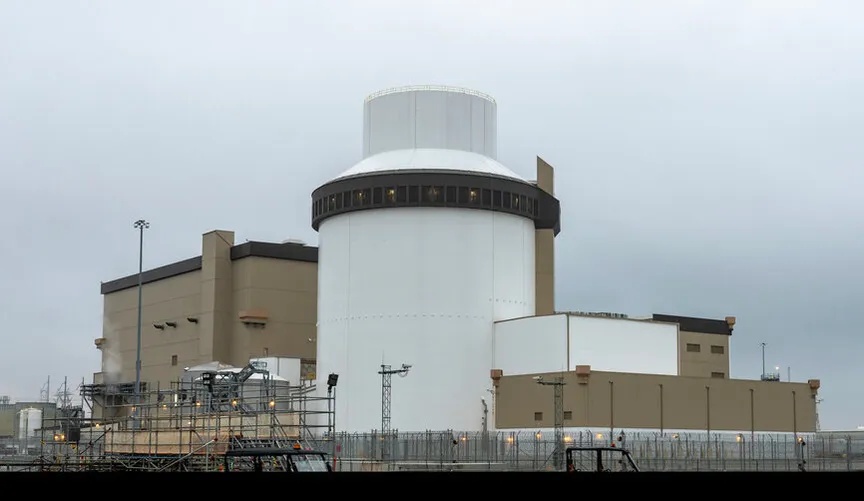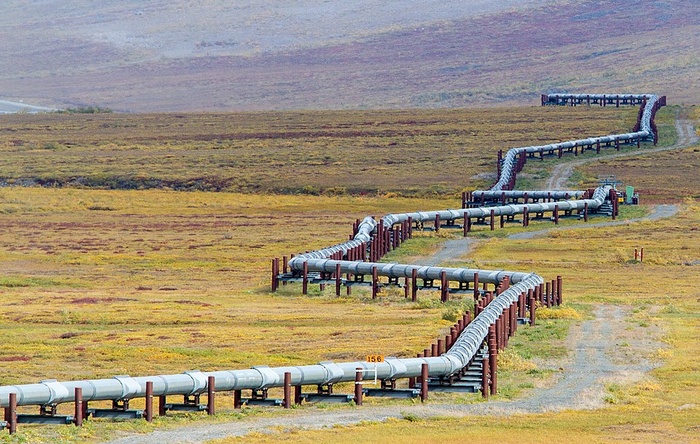March 14 NEC Energy News
¶ “Georgia’s Big New Nuclear Reactors Could Be The Last Built In The US” • The first nuclear reactor built in the US in 30 years reached a milestone last week that brings it close to syncing up with the electrical grid and generating power for customers. But this is not the dawn of the long-threatened nuclear renaissance. It’s more like a swan song. [Canary Media]

¶ “Aukus Deal: US, UK, And Australia Agree On Nuclear Submarine Project” • The leaders of the US, UK, and Australia have unveiled new details of their plan to create a fleet of next generation nuclear-powered submarines. Under the Aukus agreement, Australia will first receive at least three nuclear-powered submarines from the US. [BBC]
¶ “Water Disasters On Both Ends Of The Spectrum – Dry And Wet – Are Getting More Intense As Planet Warms, Study Finds” • From lengthy droughts to severe flooding, the intensity of water-related disasters around the world has increased over the last two decades as temperatures climbed to record levels, according to research by NASA. [CNN]
¶ “The Alaska Oil Project Will Be Obsolete Before It’s Finished” • Though world leaders now talk constantly about transitioning away from fossil fuels, they also fret about ensuring a supply of oil and gas. But now they are also green-lighting new fossil-fuel projects that won’t start producing energy for years and won’t wind down operations for decades. [The Atlantic]

¶ “Volkswagen Picks Canada For New Battery Factory” • In a press release, Volkswagen Group said it and its battery company PowerCo have selected St Thomas in Ontario as the site of its first overseas gigafactory for cell manufacturing. The new factory will produce sustainable unified cells, with the start of production planned for 2027. [CleanTechnica]
¶ “Biden Administration Approves Controversial Willow Oil Project In Alaska” • The Biden administration has approved the massive Willow oil drilling project in Alaska, angering climate advocates and setting the stage for a court challenge. The project could generate enough oil to release 9.2 million metric tons of planet-warming CO₂ per year. [CNN]
¶ “NH Community Power: Rates Will Be 20% To 40% Less Than Utility Companies” • Using a model that’s called “transformative” for the energy market, the Community Power Coalition of New Hampshire has announced that its initial electricity rate will be 15.8¢/kWh. This is a 20% to 40% savings compared to the state’s utility companies. [New Hampshire Bulletin]
For more news, please visit geoharvey – Daily News about Energy and Climate Change.
